for my mother and father
Apparently I’m Mom’s immaculately-conceived
Irish-American son, because,
Social-Security time come,
my Cherokee dad could not prove he’d been born.
He could pay taxes, though,
financing troops, who’d conquered our land,
and could go to jail,
the time he had to shoot or die,
by a Caucasian attacker’s knife.
Eluding recreational killers’ calendar’s
enforcers, while hunting my family’s food,
I thought what the hunted think,
so that I ate, not only meat
but the days of wild animals fed by the days
of seeds, themselves eating earth’s
aeons of lives, fed by the sun,
rising and falling, as quail,
hurtling through sky,
fell, from gun-powder, come—
as the First Americans came—
from Asia.
Explosions in cannon,
I have an english name,
a German-Chilean-American wife
and could live a white life,
but, with this hand,
with which I write, I dug,
my sixteenth summer, a winter’s supply of yams out
of hard, battlefield clay,
dug for my father’s mother, who—
abandoned by her husband—raised,
alone, a mixed-blood family
and raised—her tongue spading air—
ancestors, a winter’s supply or more.
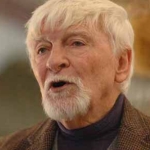



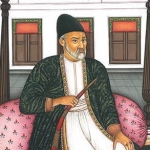




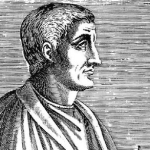

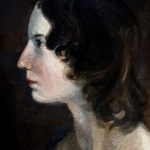




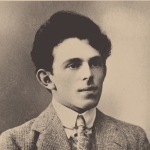

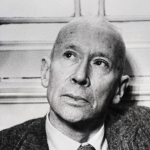


Comment form: